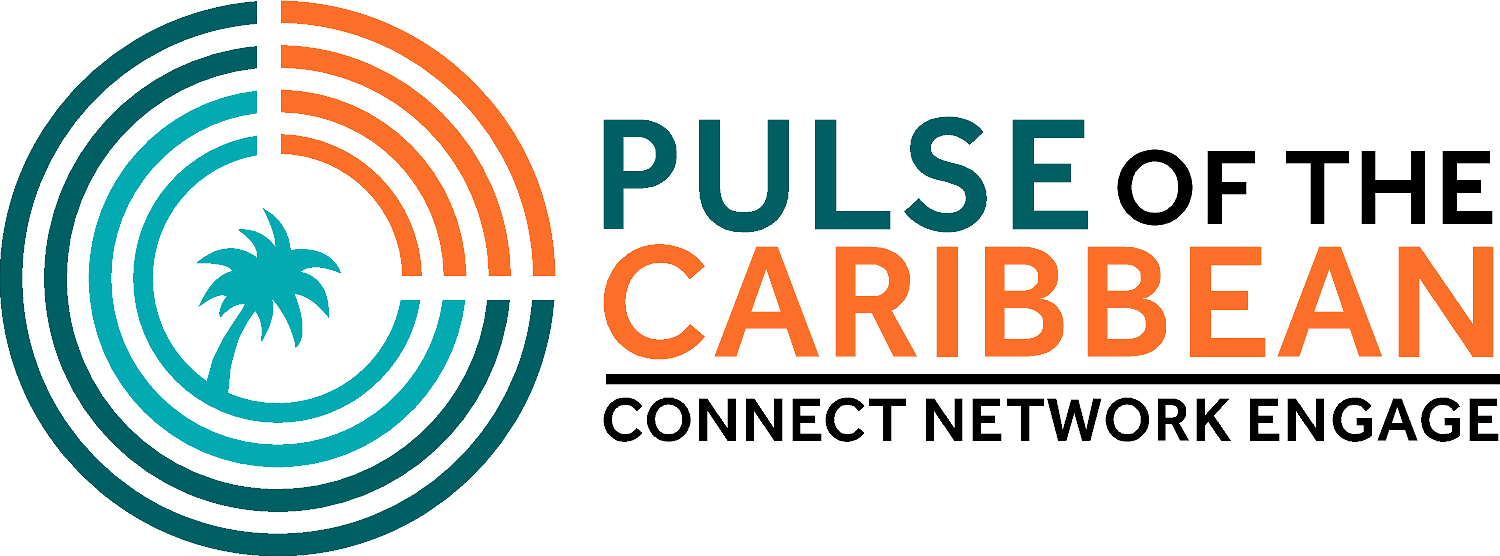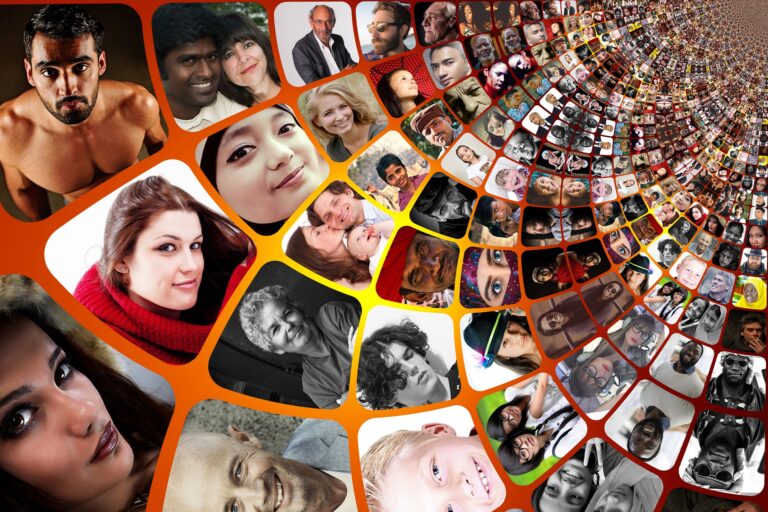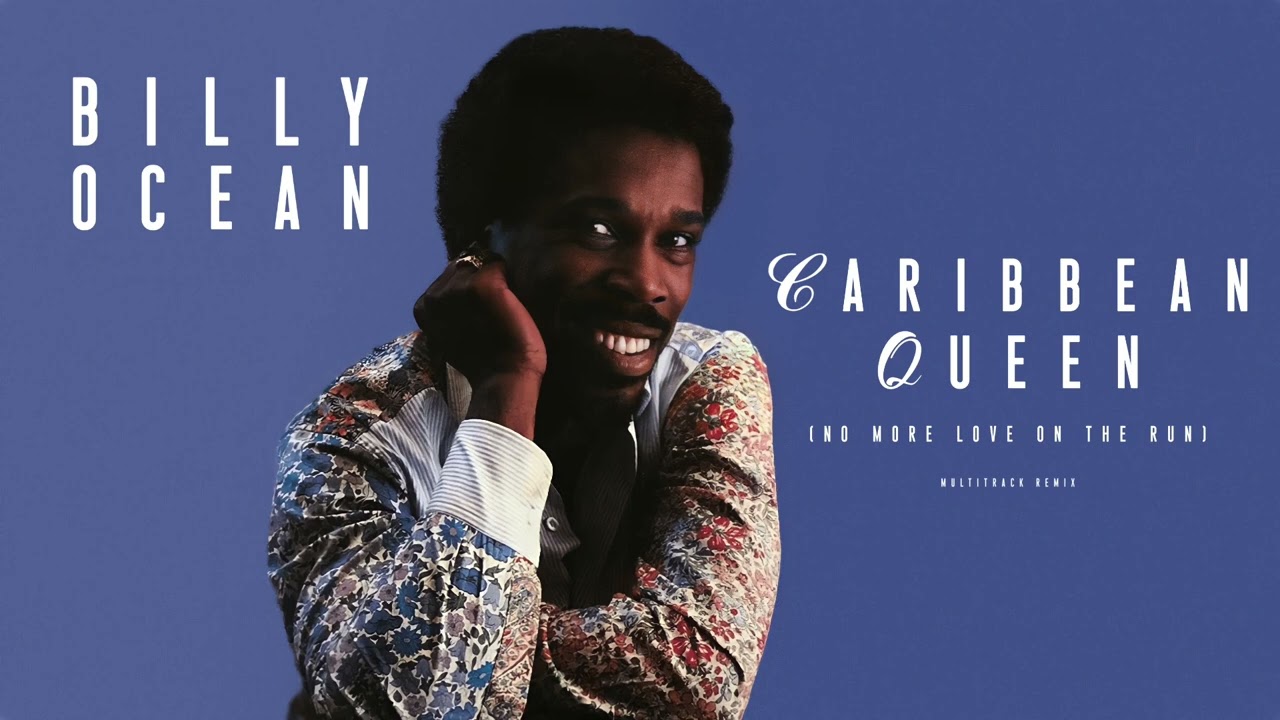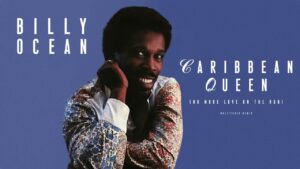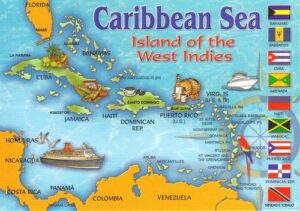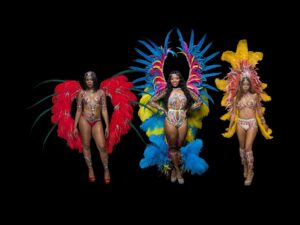A Braid Of Histories
The Melting Pot
When you think of the Caribbean, the first thing that comes to mind are the white sandy beaches, perfect sunny weather, and the vibrant, colorful people of the islands. This poignant and lasting picture of the region’s rich and vibrant scenery has been imprinted in the minds of millions. But how did such a small group of countries make such a big impact on the world? One word, Diversity. The archipelago, made up of 28 countries, created a unique blend of cultural and ethnic diversity, forged through years of history and change. The authors of Éloge de la Créolité best puts it: “Our History is a braid of histories. We had a taste of all kinds of languages, all kinds of idioms.”
Caribbean Ethnic Diversity
The Caribbean region has long been identified as a melting pot due to its multiplicity of races and ethnic groups which many have grown to call it home. The Caribbean is usually referred to as ‘diasporic societies.’ Meaning that the population is the result of many migratory movements, voluntary or not.
The Islands have been inhabited by Europeans (including Scots, Irish, Dutch, French, British, German, Portuguese, etc.), Indians, Chinese, Javanese, Caribs, Lebanese, Syrians and Africans at some point in history, as a by-product of colonization, slave trade, indentureship, and migration. From this, new cultural hybrids are formed, and the origins of various elements are clearly recognizable. Out of these influences, the European and African retentions are the most dominant throughout the region.
Caribbean Cultural Diversity
When a region such as the Caribbean becomes a combination of various heritages, it introduces existing and new cultural dimensions and diversity that will encourage unity within the counties rather than alienation.
The most popular and easy way to identify a Caribbean native is by their accent, which many have attempted to replicate, in both movies and songs all over the world. The way they communicate with one another is often viewed as colorful and infectious; commanding the attention of those around them. Most of the Caribbean communities are bi- or often even multilingual. While English, French, Spanish and Dutch are most common, the Caribbean is also home to a great number of creole languages. Every island possesses its own variety of creole, which is a combination of one or more of these influences: the Dutch, French African, Spanish and English. For instance, in Jamaica we find Jamaican English and Jamaican Patois; in Trinidad & Tobago – apart from English – they speak either Tobagonian or Trinidadian Creole English, whereas, on the island of Saint Martin we find Dutch, French, and the Saint Martin Creole.
The Caribbean, as a region, also has numerous religions which can be attributed to its multiplicity of cultures. Namely Hinduism, Christianity, African Revivalism, and various fractions which have taken traits and practices of different foundational religions and fuse them into one religion such as the renowned Rastafarianism, which has evidently combined fundamental African and Christianity religious practices.
One of the Caribbean’s greatest exports to the rest of the world has been its music, which is an innovative blend of styles from the descendants of Indigenous people, African slaves, and European and Indian settlers. Whether it’s reggae (Jamaica), Merengue (Dominican Republic), or Soca (Trinidad and Tobago), the music of the Caribbean has gained worldwide popularity and has had a noticeable impact on many other cultures. By nature, the Caribbean is a musical region and the music they create is an extension of the spirit of the people.
What does it mean to be Caribbean?
To be Caribbean, means to be unique in all the world. Despite being such a small region, we aim to always leave a large footprint on the world’s stage. Join us on our journey through the Caribbean as we explore the culture, heritage, and destinations of the Caribbean.
Don’t get left behind on our Island trip as we discuss 10 surprising facts you never knew about the Caribbean Islands in our next installation.
